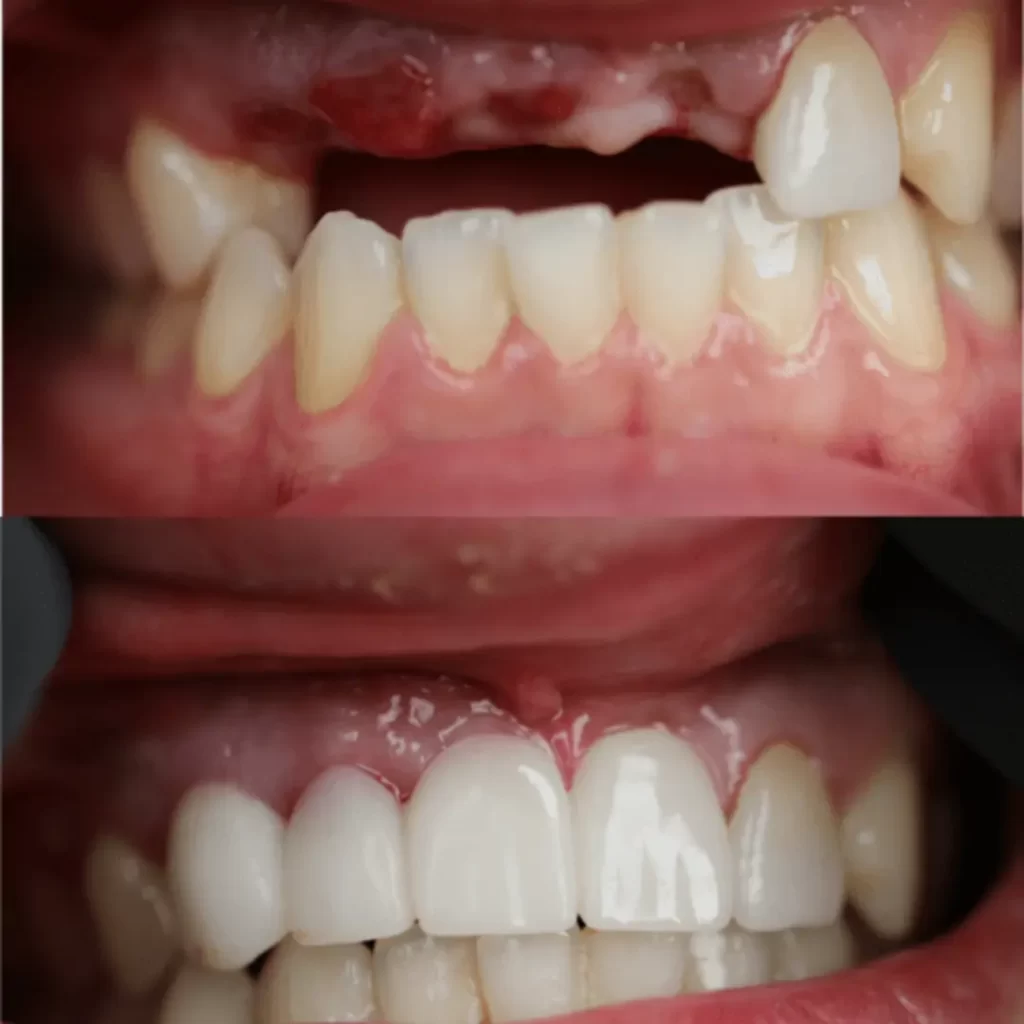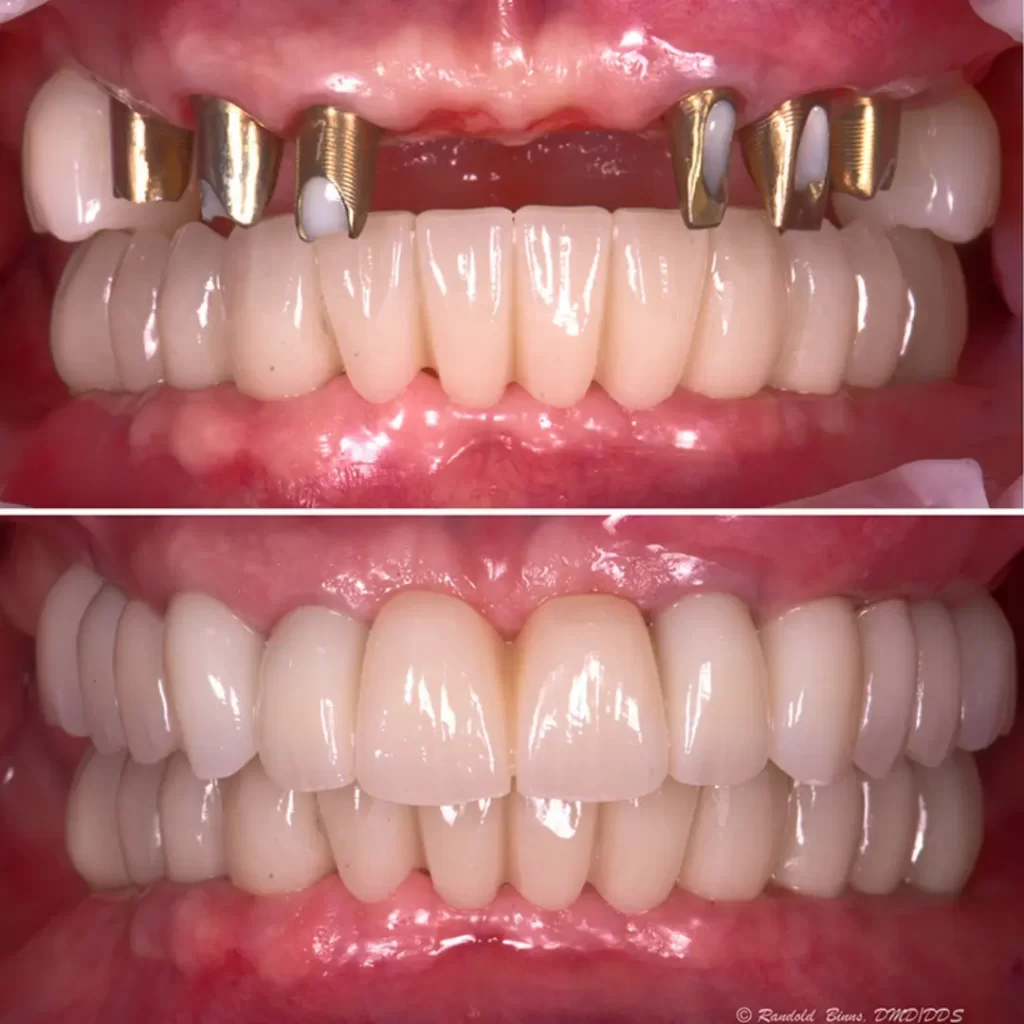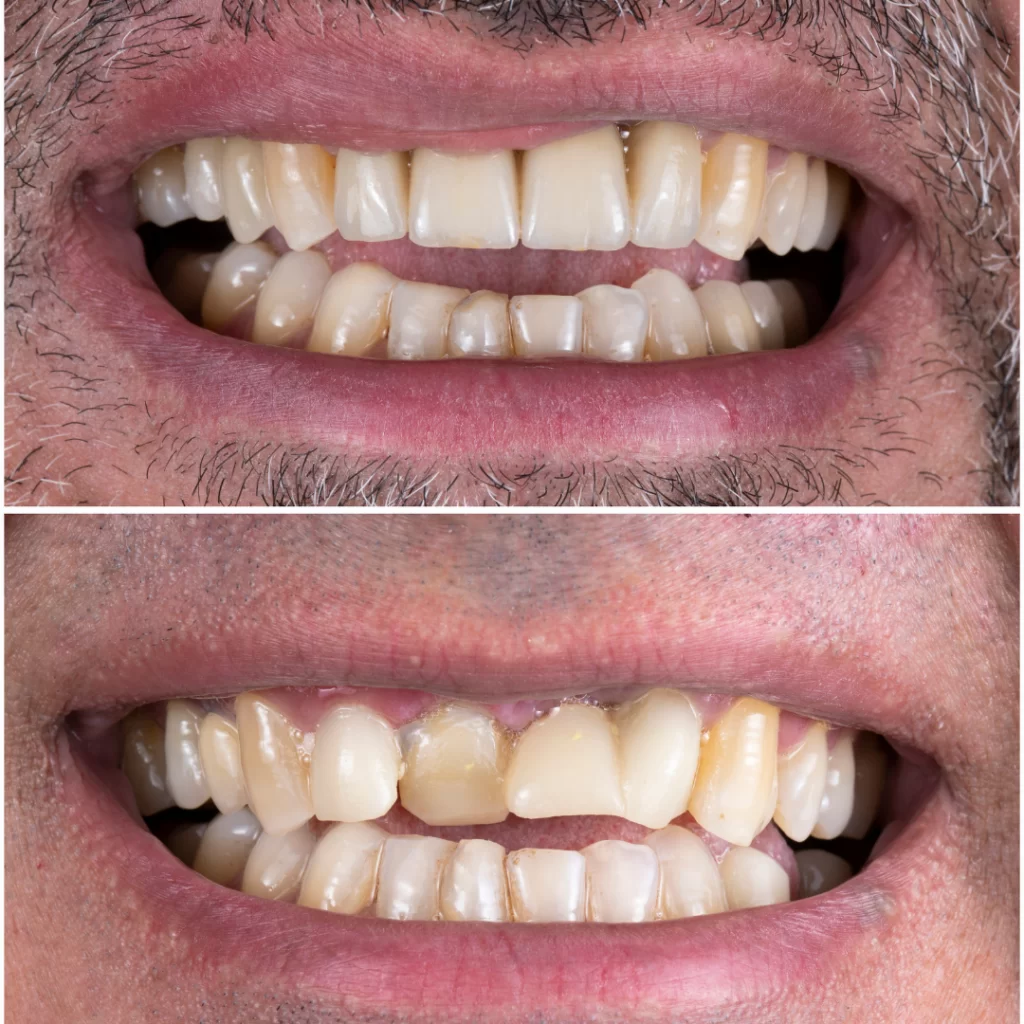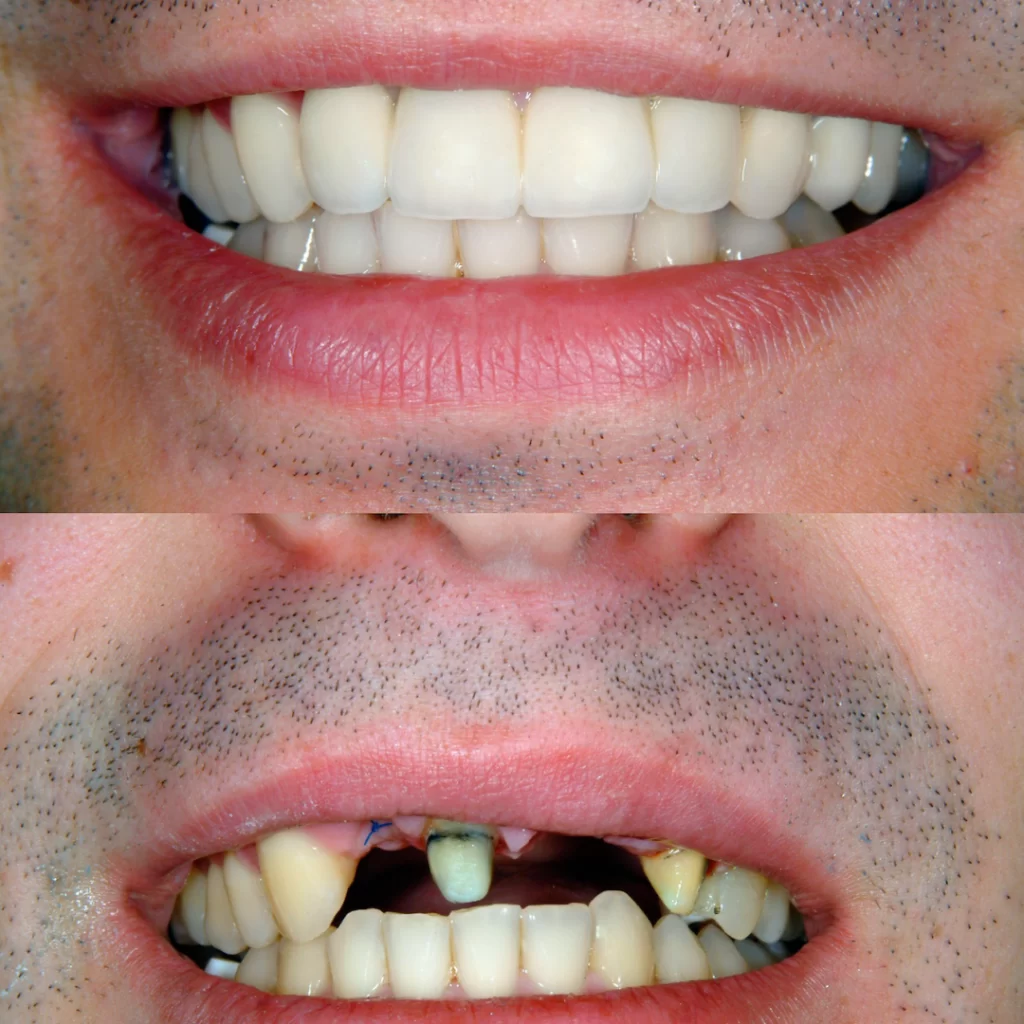Dental Implant Treatments in Turkey: Prices, Procedure, Review
Turkey’s dental implant industry has flourished in recent years, attracting patients from all over the world. The country offers state-of-the-art facilities equipped with the latest technology, ensuring precise and efficient implant procedures. Additionally, Turkish dentists are known for their expertise and extensive training in implantology, providing patients with exceptional care and successful outcomes.
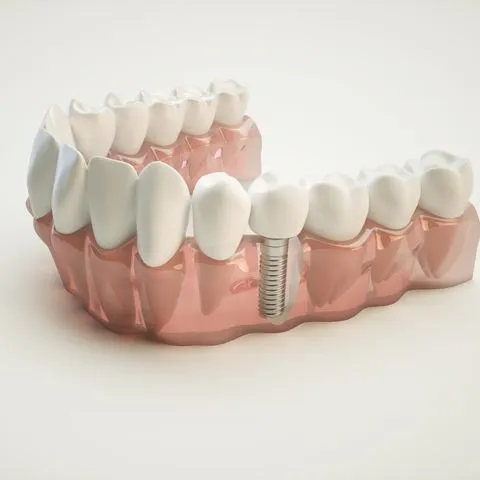
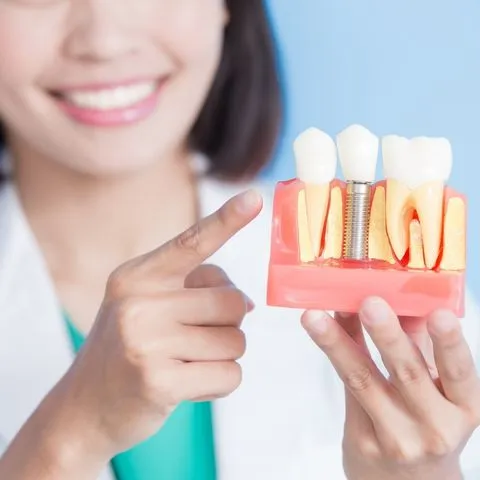
Dental Implants: A Modern Solution for Tooth Replacement
Are you seeking an effective and contemporary solution to replace missing teeth? Discover the advantages of dental implants. This advanced dental procedure offers a durable and natural-looking replacement for missing teeth, enhancing both your smile and oral functionality. With skilled professionals and state-of-the-art facilities, dental implants in Turkey provide exceptional outcomes for patients in need.
Evaluation and Planning: Your dentist assesses your oral structure, creates a treatment plan, and determines the optimal positions for the implants.
Surgical Phase: The implants are placed into the jawbone in the correct positions under local anesthesia.
Healing Process: The implants require a healing period for osseointegration, which typically takes 3-6 months.
Restoration: After the completion of the healing process, custom-designed prosthetics or crowns are placed on the implants.
The duration of a dental implant procedure can vary depending on several factors. Generally, the surgical placement of the implant can take a few hours. However, the total time should also consider the healing process and the placement of the restoration. The overall duration depends on the individual’s condition and treatment plan.
Dental implants are highly durable and long-lasting. When properly placed and maintained through regular care, implants can last a lifetime. Good oral hygiene practices and periodic dental check-ups are important for maintaining the durability and strength of implants.
Yes, dental implants can appear like natural teeth. Dentists can customize the color, shape, and size of the implants to blend seamlessly with natural teeth. Additionally, the placement of a prosthesis or porcelain crown on the implant can provide an aesthetic appearance similar to natural teeth. This allows the implants to harmonize with the surrounding teeth, resulting in a natural-looking smile.
